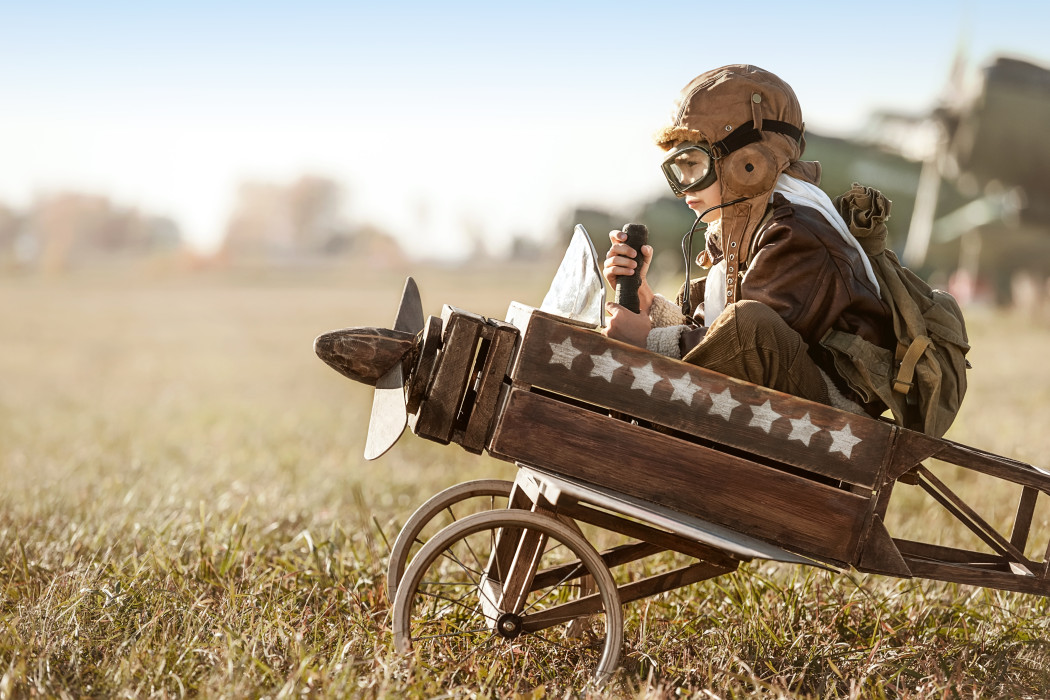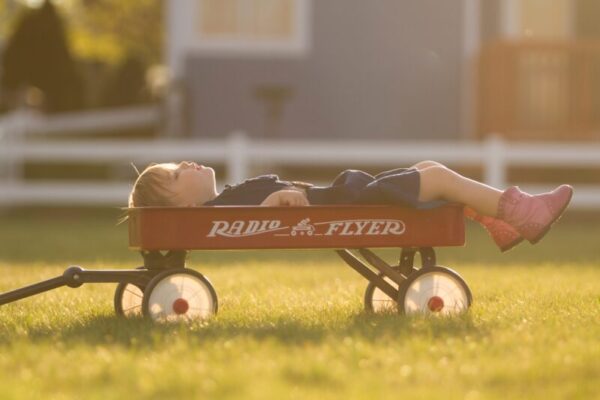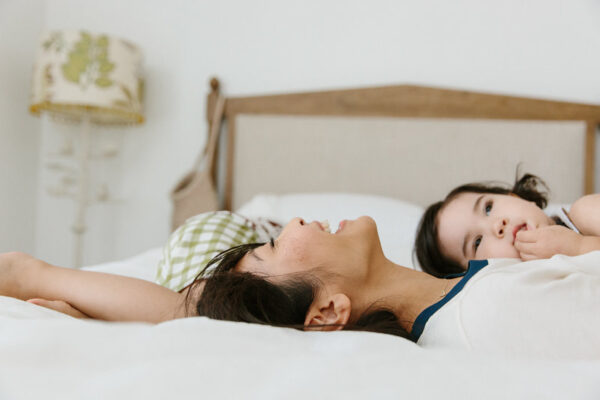This was another very popular article featured in mothermag.
We all want our kids to be happy. And happiness is something the Danes have supposedly figured out, with research consistently showing that residents of Denmark are among the happiest in the world. So, it’s not a huge surprise that an article we published on Danish parenting tips has proved to be one of our most-read. Due to this popularity, we decided to do a deep-dive into some of the bigger philosophies rooted in Danish culture with The Danish Way of Parenting authors Jessica Alexander and psychotherapist Iben Sandahl leading the way. Here, we talk to them about the Danes’ belief in the power of play.
Modern parents get a lot of flack for over-scheduling their kids. What’s your take on that?
“These days it almost feels like you are depriving your kids by not enrolling them in myriad courses: baby yoga, swimming, tennis, piano, Spanish, organic cupcake making, tee ball, and so on. I think most parents can relate to that deep-seated feeling of ‘Am I doing enough?’ when they hear what other kids are ‘taking’ in their spare time. The question we might ask is: Who are we doing this for? Are we doing it for our kids’ internal development or because we feel pressured as parents to do it? Sometimes, it’s the more ‘educated’ parents that feel more pressure to develop their kids as a subtle sign of their own success. But what if something as simple as play were actually the most educated choice of all?”
Tell us how the importance of play is stressed in Denmark.
“From the dawn of the first educational theory in Denmark in 1871, play has been seen as crucial—not optional—to a child’s development. Even now, children up until the age of 10 leave regular school to go to something called ‘free time school’ where they are encouraged to play. This is incredible if you think about it! Danes feel play is so fundamental to building the ‘whole child’ that all the Danish parents we interviewed for our book found the idea of excessive focus on ‘developing’ children quite odd. As they see it, if children are always performing to obtain something—good grades, awards, or praise from teachers or parents—then how do they learn to develop their true inner drive?”
Why is play considered healthy?
“Scientists have been studying play in animals for years trying to work out its evolutionary purpose. What they have discovered is play is a way to learn to cope with stress. Hanging from bars, play fighting, chasing each other, and learning how to negotiate are all things that occur in play. Children practice putting themselves into fight or flight and stressful situations to see how much they can handle and then they manage how far they want to go with it. They aren’t constantly striving to obtain something in an adult-created environment: an award, a grade, or parental approval. In play there are no pedestals, no special praise, or trophies. Children are motivated by their own desire to keep the game alive and their imaginations.”
How can parents start to incorporate this idea into their lives?
“We have to remember that what children want most of all is to feel calm and good with their parents. Where do you feel most calm, at ease, and free from the pressure of others? Where can you relax and create more ‘hygge’ (cozy time) with your family? Children need time to decompress from their days and take life in and reflect. They need to play to act out what they experience in the adult world and they need to feel loved even when they aren’t performing.”
With extracurriculars becoming the normal expectation in the U.S., is there any catch-22 in focusing on play?
“The loop we get into as parents is that we feel extra classes are necessary to get ahead because society pushes us to believe that extra classes are necessary to get ahead. This makes everyone feel more anxious. ‘Am I doing enough?’ is the frantic question we constantly ask ourselves. So, the next time you are considering enrolling your toddler in the block-building math class that unconsciously prepares them for the entrance exam at Harvard, or the umpteenth sport or even the first piano lesson—if it stresses you out, just try to breathe and relax. Your child is mirroring what you want and the stress you feel wanting it for them. Put out some toys, take away the iPads, go outdoors somewhere beautiful and let them play. We may all soon discover that simple ‘play’—allowing children to develop their own coping mechanisms and inner drive—was always the most educated and educating choice of all.”
“We have all thought about what it means to be a parent, but how often have we thought about what it means to be an American parent? Many of us have a vague idea of what ‘the right way’ to parent is, but we don’t really know why or how it came to be ‘the right way.’ These implicit ideas we have about the right way to raise a child are called parental ethnotheories. These beliefs and values are so engrained in us that it’s almost impossible to see them objectively. We might look at practices in other countries and think they seem crazy, but they are just as normal to those people as our ways are to us. It takes a real paradigm shift to be able to examine our own cultural norms and see if anything could be changed.”
What do you guys think? Do your kids have enough play in their lives? Let us know in the comments.
For more Danish parenting advice, read our article, and scoop up The Danish Way Of Parenting: A Guide To Raising The Happiest Kids in the World.





